Happy 40th Anniversary of Software Freedom!
mardi 26 septembre 2023 à 01:00Happy 40th Anniversary of Software Freedom!
For four decades the Free Software community has been working to empower users to control technology and to help our society understand how Free Software contributes to freedom, transparency and self-determination.
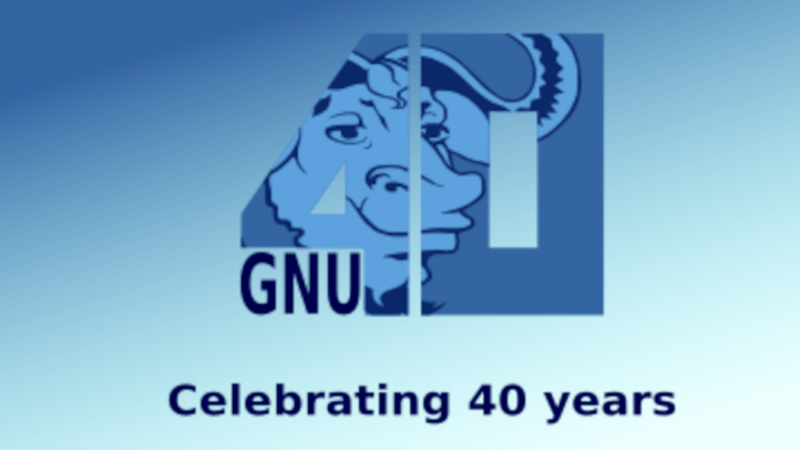 Did you know that the most powerful supercomputers run with Free Software?
Did you know that the most powerful supercomputers run with Free Software?
Four decades ago, technology began to shape our lives: it was the early 1980s, computers did not yet fit into our pockets but filled large rooms. and we started to swap from tapes and floppies to CDs to listen to music. In 1982, the Time magazine named the computer "Person of the Year". At that point, some people already started pointing out the need to give users control over this technology. So in 1983 the GNU Project was announced by Richard M. Stallman. The goal: to create an operating system consisting entirely of Free Software to allow people to use, understand, adapt, and share software. Two years later the FSF, a sister organisation of the FSFE, was founded as the legal backbone for the GNU project.
That was the beginning of the software freedom movement! Today it is a global and broad movement that includes small local companies, large global corporations, civil society organisations and thousands of professionals. All are working towards a world where the four freedoms are guaranteed: users are free to use software and adapt it to their needs, and are able to understand and share it. These rights support other fundamental rights such as freedom of speech, freedom of the press, and privacy.
It is a movement that nowadays safeguards democracy. Free Software contributes to the interaction and participation of interested stakeholders and our society. In general, it empowers people to use software to create solutions to their problems, it contributes to creating trustworthy systems, and it enables technology that serves us instead of technology that controls us.
Software Freedom and the GNU GPL
In 1992, the essential components of the GNU operating system were complete, except for one, the kernel. When in 1992 the Linux kernel was re-released under the GNU GPL, the combination of GNU and Linux formed a complete free operating system. This combination is the GNU/Linux system.
Usually combined with the kernel Linux, GNU forms the backbone of the Internet and powers millions of servers, desktops, and embedded computing devices. Aside from its technical advancements, GNU pioneered the concept of “copyleft,” which is best exemplified by the GNU General Public License (GPL).
Copyleft gives permission for a user to enjoy the four freedoms of Free Software, under the condition that those freedoms remain intact in further distribution of the software or derivative works. In practical terms, a copyleft license would generally mean that the derivative has to be licensed under the same license as the original work. As a result, this ensures that users of copylefted Free Software benefit from the four rights to use, understand, share, and improve it, and those rights cannot be withheld from the users.
This does not exclude Free Software from being sold, so long as the buyers are not restricted from exercising those four rights after their purchase. Free Software can also be commercialized in other ways, such as by selling support, services, or certification. (Learn more about Free Software Licensing).
Forty years later, GNU and Free Software are even more relevant. Software has become an indispensable resource for our societies, but users do not have full control over it. Device manufacturers, vendors, and Internet platforms have restricted software freedom by exercising control over end-user devices, threatening individual autonomy, consumer welfare, and digital sovereignty. End users must take ownership of their devices with Free Software.
Device Neutrality can restore end-user control over devices, and fair competition in digital markets requires ensuring software freedom for devices, protecting end-users from lock- in, and promoting end-user control over data.
Celebration and Hacker Meeting
The GNU Project is celebrating with a 40th anniversary hacker meeting on 27 September at the Volkshaus in Biel/Bienne, Switzerland. Organized by GNUnet e.V, the event is open to all who want to celebrate, work on, or learn about Free Software.
In Boston, the Free Software Foundation, which sponsors GNU, is organizing a hack day for families, students, and anyone interested in celebrating GNU’s anniversary. It will be held at the FSF’s offices in Boston (USA), on October 1.
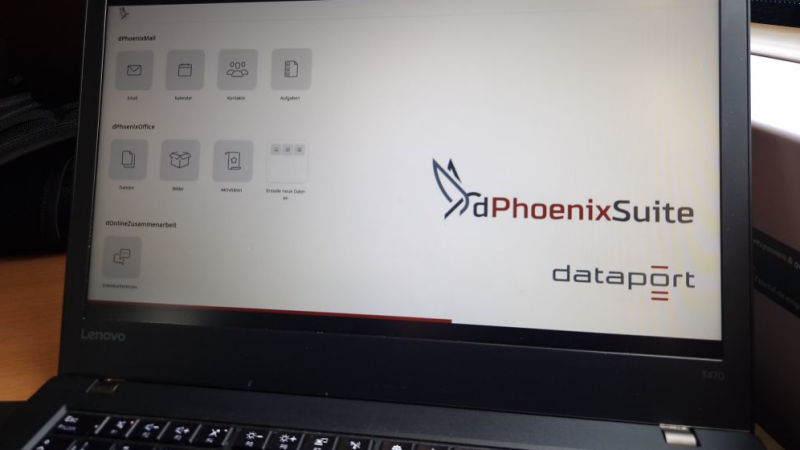
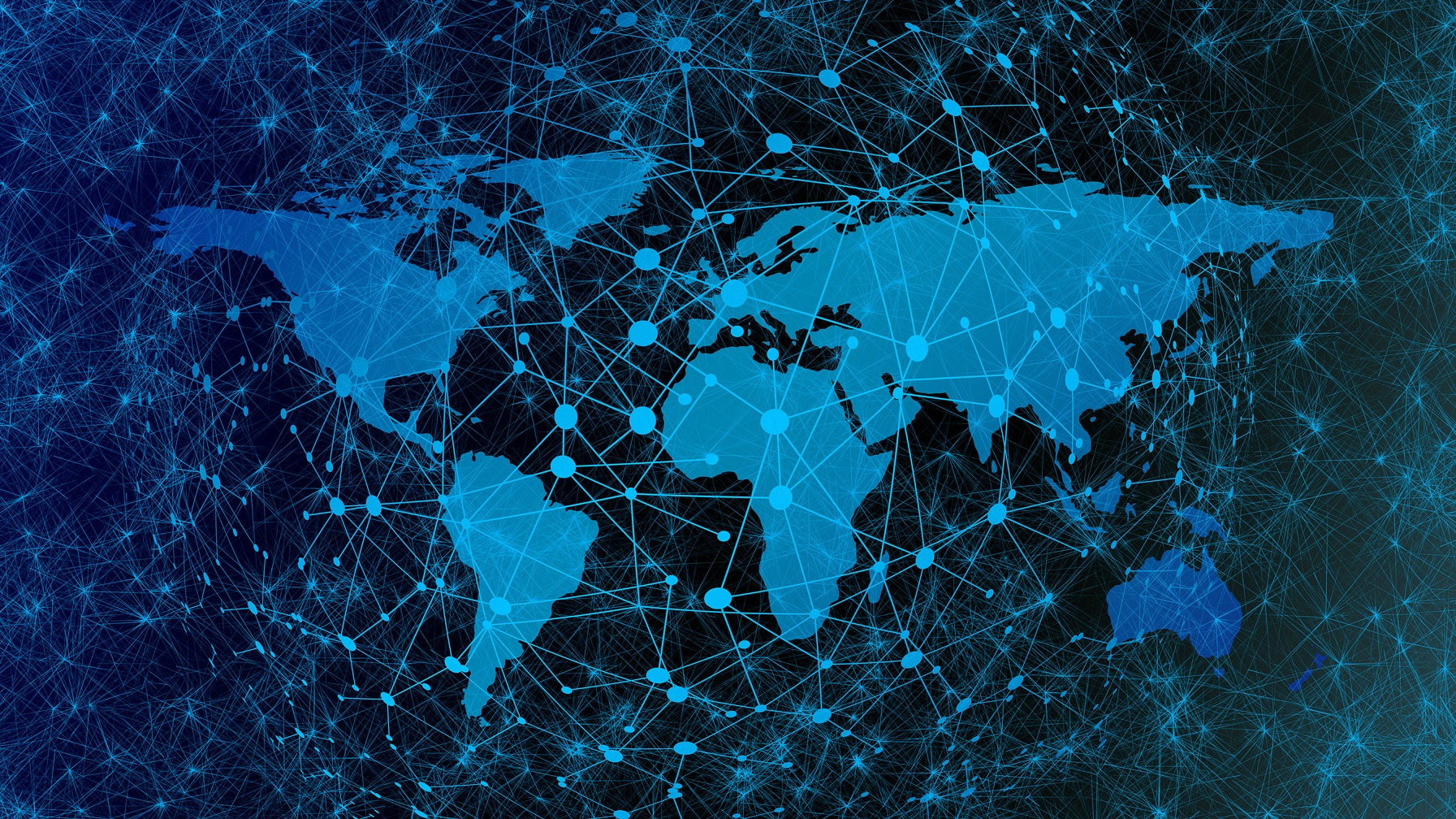
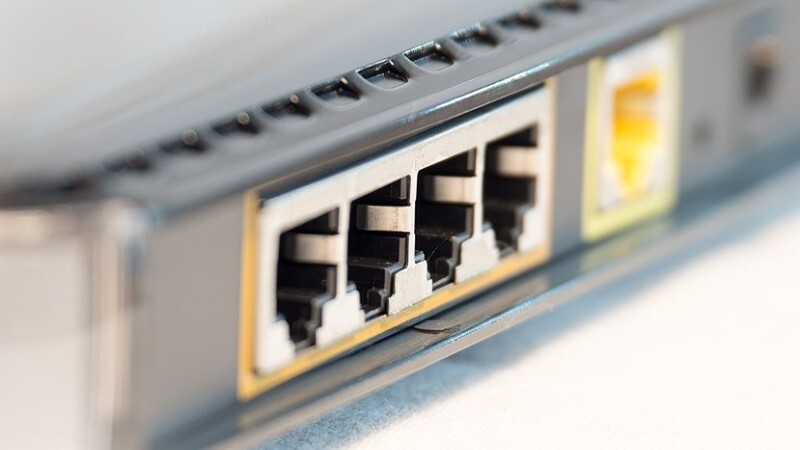
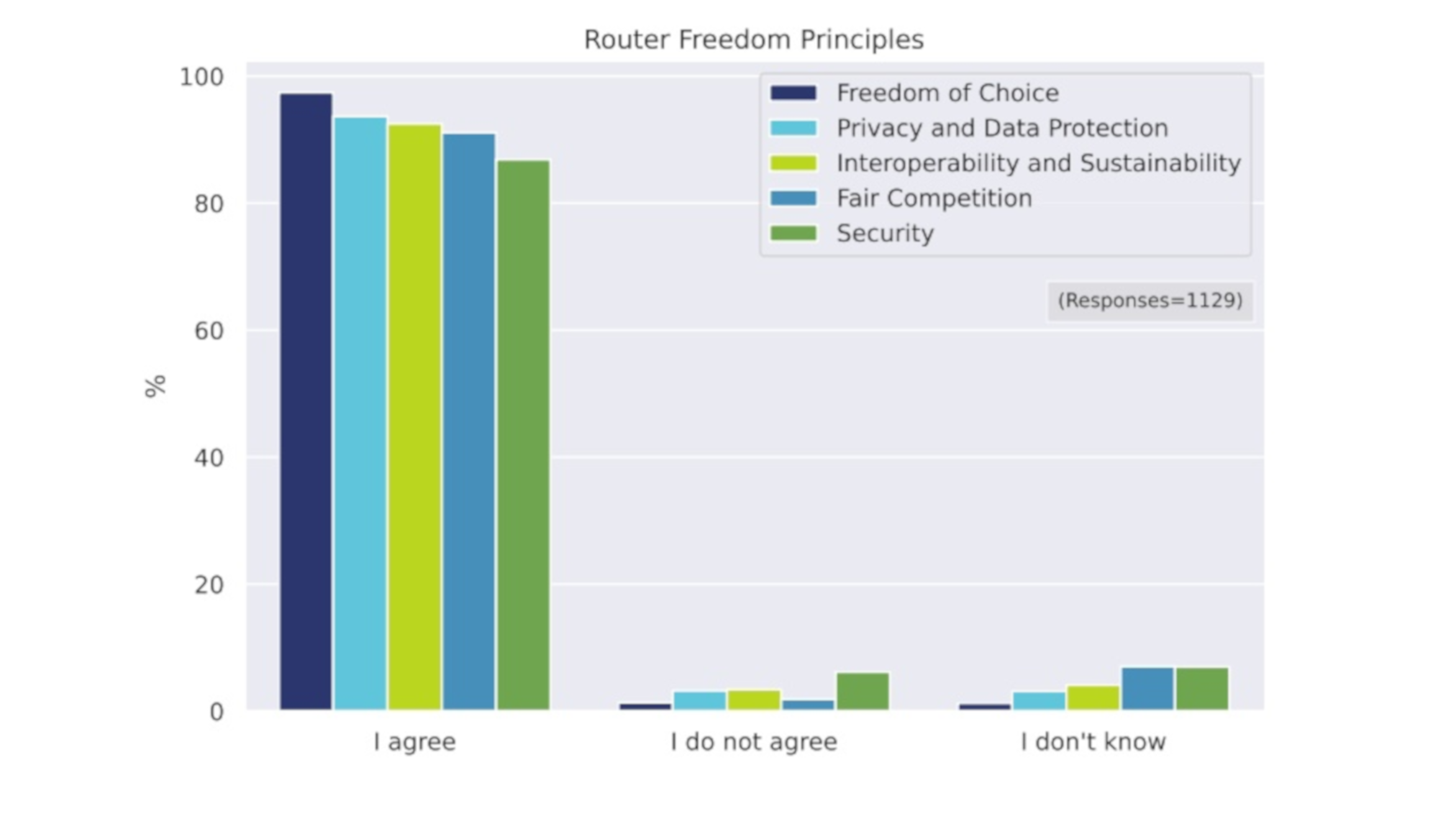 Router Freedom is key for a neutral, fair and secure Internet access
Router Freedom is key for a neutral, fair and secure Internet access